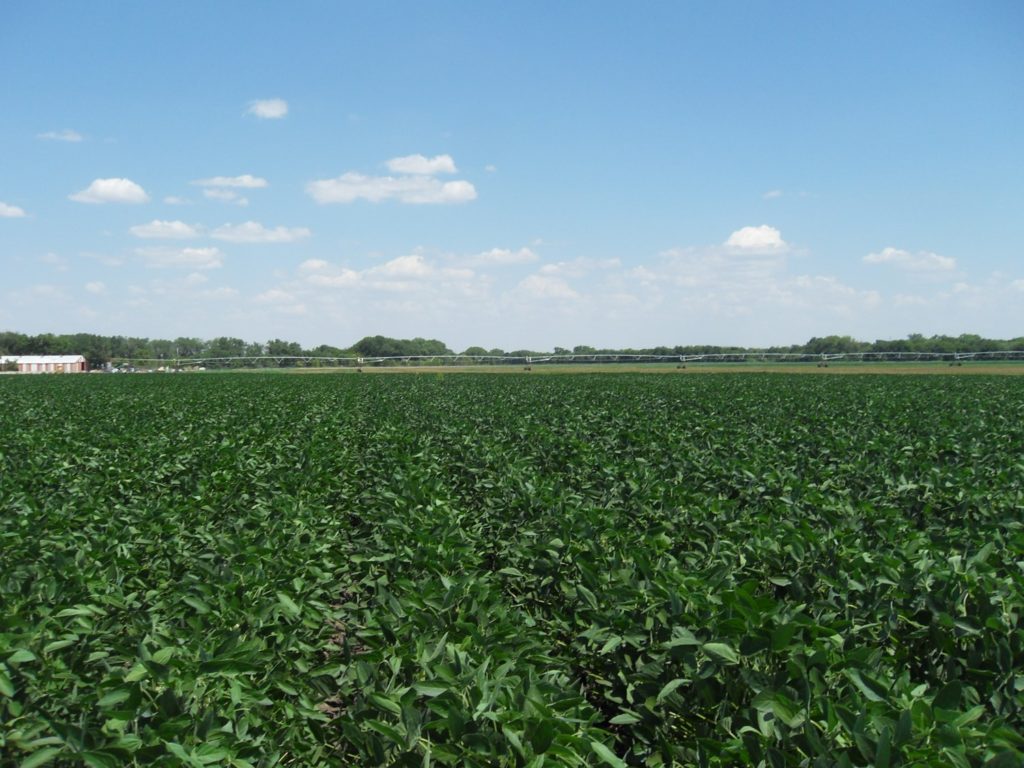Why Soil Test?
Soil testing is like a health check-up for the ground—it tells you what your soil has, what it needs, and how to keep it thriving. It is an essential tool for farmers as a tool to protect land and a bottom line.
- Nutrient Levels – A soil test shows how much nitrogen, phosphorus, potassium, and other nutrients are available. This prevents over- or under-fertilizing.
- pH Balance – Soil acidity or alkalinity affects how well plants can absorb nutrients. Testing helps you adjust pH with lime or sulfur if needed.
- Save Money – Instead of guessing, you only buy and apply the fertilizers or soil amendments that are actually needed.
- Environmental Protection – Over-fertilizing can cause runoff that pollutes streams, rivers, and groundwater. Soil testing keeps applications precise and sustainable.
- Better Yields & Plant Health – Plants growing in balanced, nutrient-rich soil are stronger, healthier, and more productive.
- Long-Term Soil Health – Regular testing helps track changes in soil quality over time, guiding sustainable land and garden management.

How to collect a soil sample:
Accessing Soil Test Results Online:
Your soil test information is accessible by using the email address provided when samples were submitted. Create an account in order to access reports (if not already done so).
Questions about Soil Testing? Let us know.
Reach out to one of our agents directly or fill out the form below.
Andrew Dalton Elrod
Extension Agent I, Sumner County
Responsible Area(s)
Agriculture and Natural Resources
Agriculture and Natural Resources
Emily Richards
Extension Agent I, Sumner County
Responsible Area(s)
Agriculture and Natural Resources, 4-H Youth Development
Agriculture and Natural Resources, 4-H Youth Development